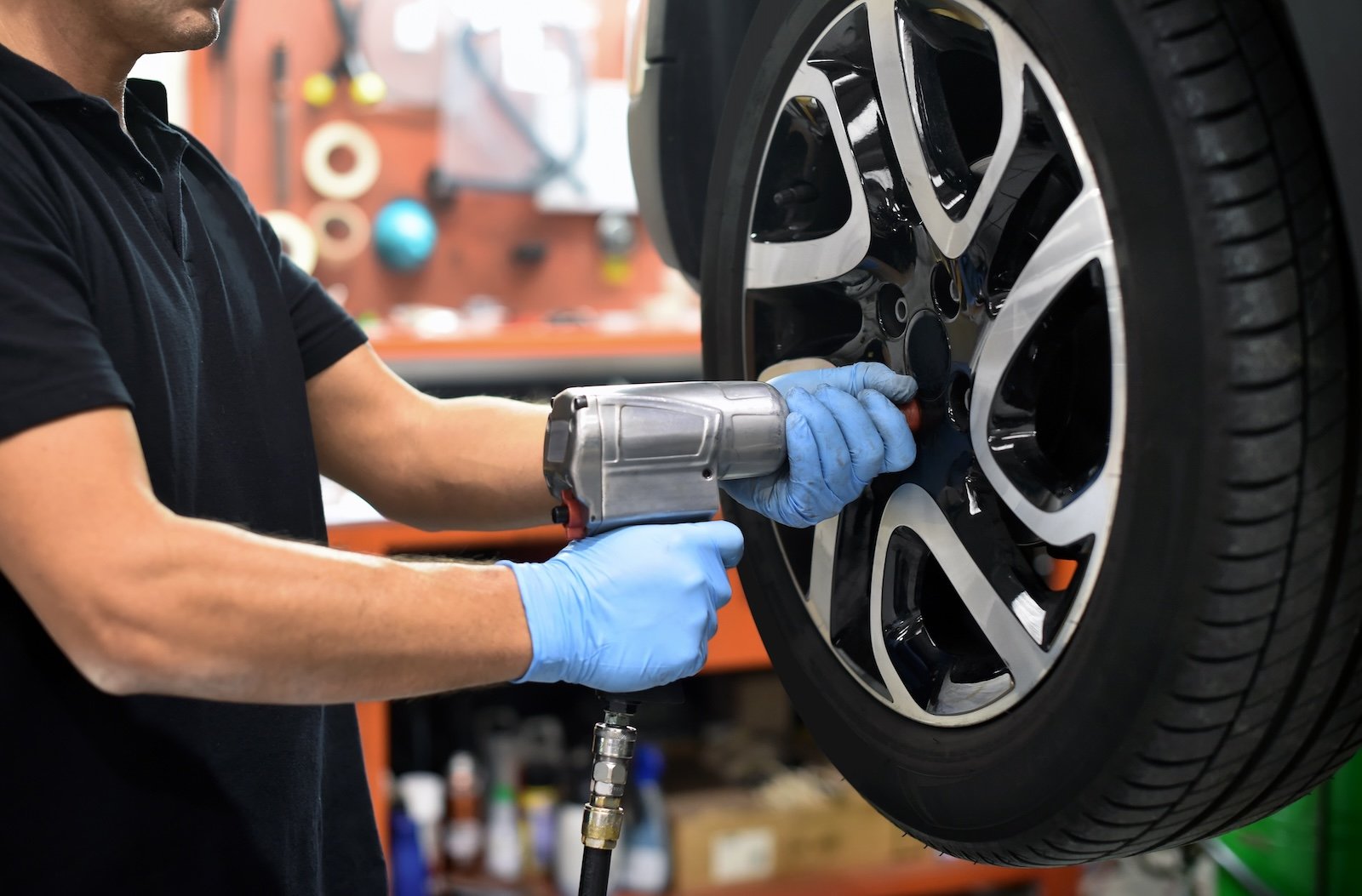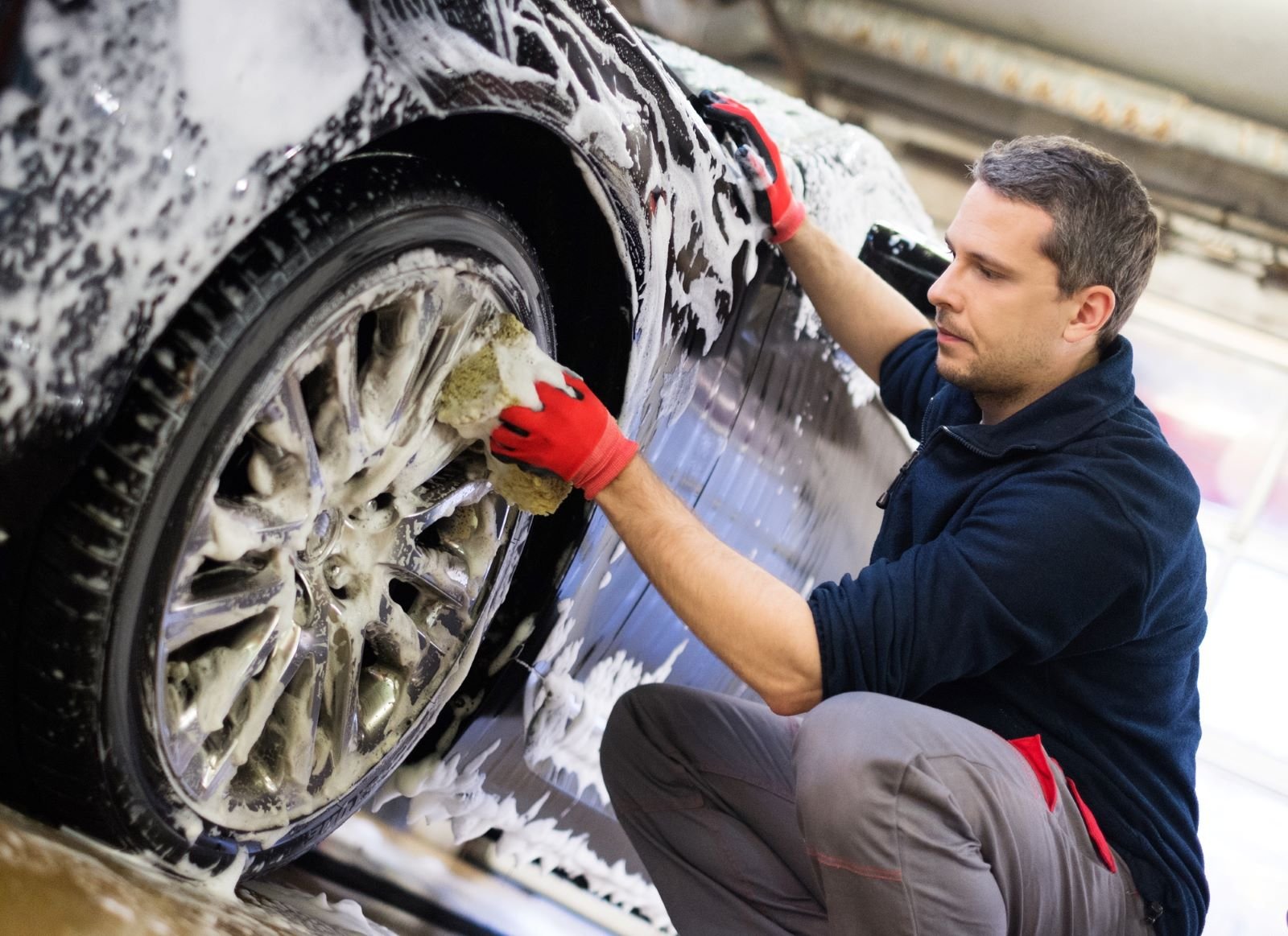In a world where new car models are unveiled every year with enticing features and cutting-edge technology, the allure of upgrading your vehicle is undeniable. Yet, there’s a growing trend among savvy car owners who choose to hold onto their trusted rides for over a decade. Here are some aspects of long-term car ownership that might just make you rethink your next car purchase.
Financial Savings on Depreciation

One of the most significant advantages of keeping a car for over a decade is the financial savings on depreciation. A new car loses up to 40% of its value within the first few years of ownership. By retaining an older vehicle, you avoid this steep decline in value, which can save thousands of dollars over time.
Lower Monthly Payments

If your vehicle is already paid off, you no longer have monthly payments to worry about. This financial freedom allows you to allocate funds toward other expenses or investments. Even if the car requires occasional repairs, the cost is generally lower than the cumulative payments for a new car loan.
Reduced Insurance Premiums

Older cars typically cost less to insure than newer models. As the value of the vehicle decreases, so do the insurance premiums. Additionally, you can opt to drop comprehensive and collision coverage, further reducing your insurance costs.
Increased Lifespan of Modern Cars

Modern vehicles are built to last longer than their predecessors. Advances in technology, such as improved electronics, fuel injection systems, and synthetic oils, have extended the average lifespan of modern cars to over 200,000 miles with proper maintenance. This longevity means that keeping a car for over a decade is more feasible than ever before.
Avoidance of New Car Price Inflation

The prices of new cars have increased significantly, especially since the 2020 pandemic. Supply chain disruptions and microchip shortages have driven up costs, making new car purchases more expensive. By holding onto your current vehicle, you can avoid paying these inflated prices.
Higher Interest Rates on New Car Loans

Interest rates on new car loans have risen, making borrowing more expensive. The average new car loan interest rate is 12.77% in March 2024, going higher as the credit score lowers. These higher rates increase the overall cost of purchasing a new vehicle, making it more economical to maintain an older car.
Familiarity with Vehicle History

Keeping your car for over a decade means you are well-acquainted with its maintenance history. You know what repairs have been done and what potential issues may arise. This familiarity can provide peace of mind and help you better manage maintenance schedules.
Environmental Impact

Maintaining an older vehicle can be more environmentally friendly than buying a new one. The production of new cars generates significant carbon emissions. By extending the life of your current car, you contribute less to the environmental impact associated with manufacturing new vehicles.
Availability of Affordable Repairs

As cars age, parts may need replacement. However, older cars often have more affordable repair options and readily available aftermarket parts. This can make maintaining an older vehicle more cost-effective than one might expect.
Avoiding Initial New Car Defects

New cars, despite being new, can sometimes have manufacturing defects or recalls. By keeping an older car, you avoid the risk of encountering these initial defects and the inconvenience of dealing with repairs on a brand-new vehicle.
Personal Attachment and Comfort

Long-term car ownership often leads to a personal attachment to the vehicle. Comfort and familiarity with the car’s features and handling can make it preferable to keep it rather than adjust to a new car.
Consideration for Classic Car Status

Some older vehicles become classics over time, potentially increasing in value. If your car is well-maintained, it might become a collector’s item, providing not only utility but also potential investment returns.
Technological Upgrades

With advancements in automotive technology, it’s easier than ever to upgrade your older vehicle with modern conveniences. Features such as Bluetooth connectivity, advanced navigation systems, and backup cameras can be added to older cars, enhancing their functionality and comfort.
Safety Enhancements

While newer cars come with advanced safety features, older cars can also be retrofitted with certain safety enhancements. Upgrading seatbelts, adding backup cameras, and installing modern lighting systems can improve the safety of your older vehicle.
Increased Maintenance Costs

On the flip side, keeping a car for over a decade does come with increased maintenance costs. Parts wear out, and systems may need more frequent attention. It’s essential to budget for these expenses to keep the car running smoothly.
Potential for Reliability Issues

As cars age, they may become less reliable, leading to unexpected breakdowns. This can be inconvenient and potentially costly, especially if major components like the engine or transmission fail.
Limited Technological Advancements

Older cars lack the latest technological advancements found in new models, such as advanced driver-assistance systems (ADAS), which can enhance safety and driving convenience. For some, the absence of these features may be a drawback.
Resale Value Considerations

The resale value of a car decreases as it ages. If you plan to sell your vehicle in the future, it’s important to consider that it may not fetch a high price. However, the savings from not purchasing a new car often outweigh the lower resale value.


